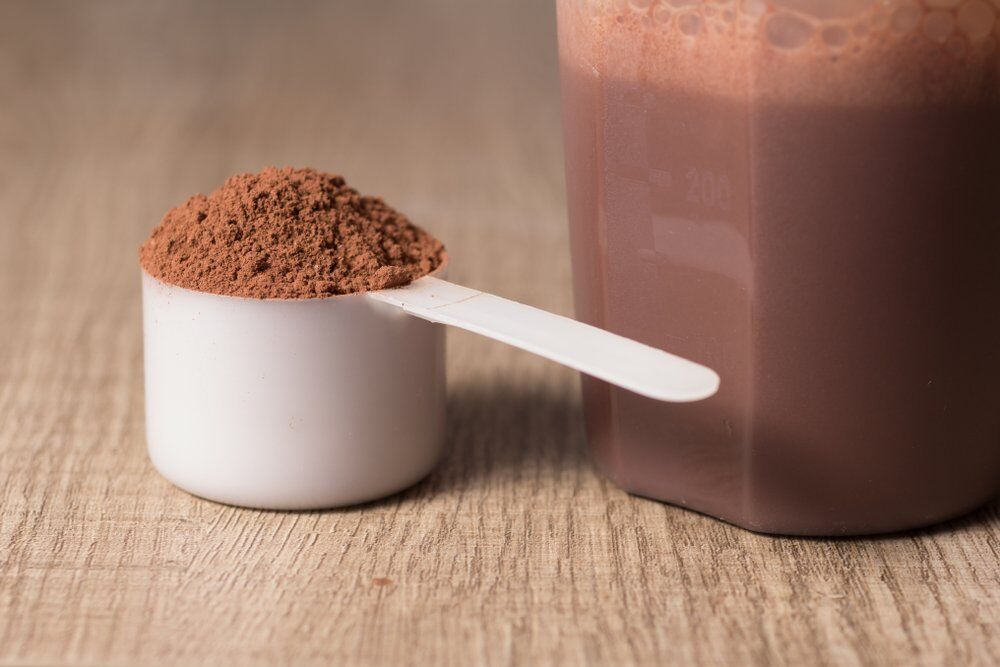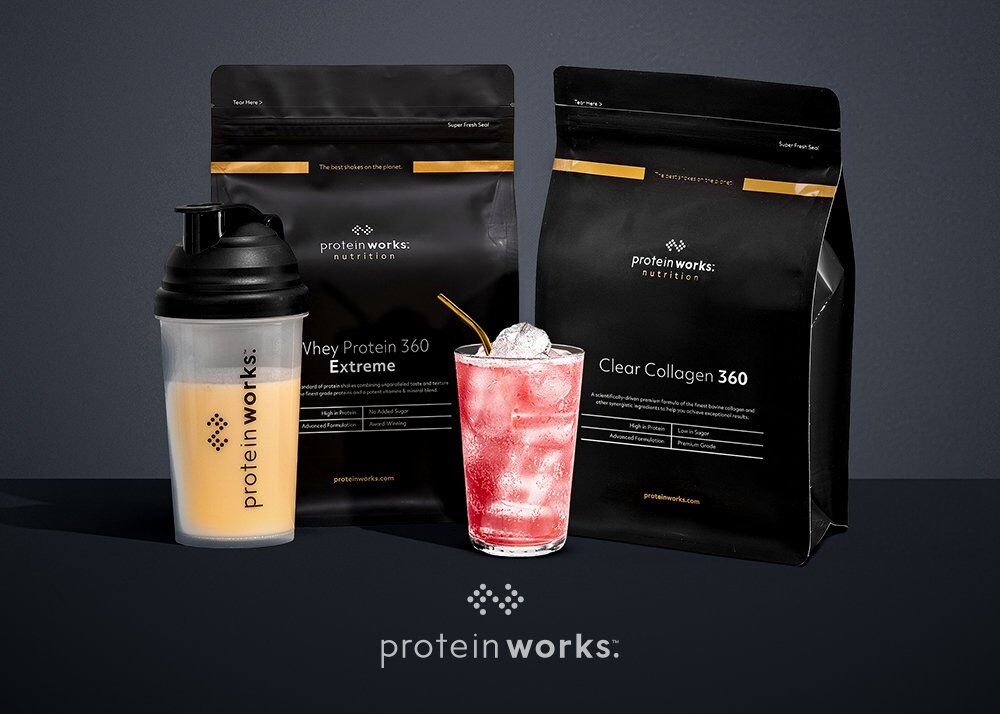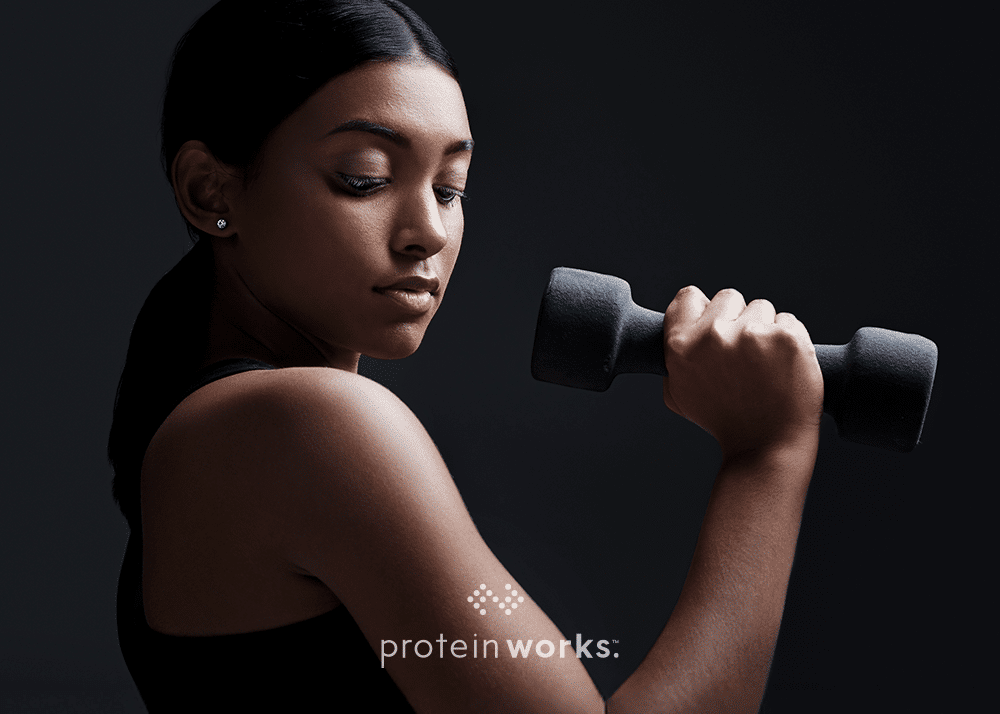Should I Take Whey Protein?
If you’re looking to support healthy and active lifestyle, absolutely you should take whey protein! A high protein diet has been shown to have a variety of different health benefits, across all genders and ages!
Not only that, they taste amazing and can become an enjoyable part of your daily routine.
References
Phillips SM, Chevalier S, Leidy HJ. Protein “requirements” beyond the rda: implications for optimizing health. Appl Physiol Nutr Metab. 2016;41(5):565–72. 77.
Phillips SM, Van Loon LJC. Dietary protein for athletes: from requirements to optimum adaptation. J Sports Sci. 2011;29(Suppl 1):S29–38.
Stokes T, Hector AJ, Morton RW, Mcglory C, Phillips SM. Recent perspectives regarding the role of dietary protein for the promotion of muscle hypertrophy with resistance exercise training. Nutrients. 2018;10(2).
Cermak NM, Res PT, De Groot LC, Saris WH, Van Loon LJ. Protein supplementation augments the adaptive response of skeletal muscle to resistance-type exercise training: a meta-analysis. Am J Clin Nutr. 2012; 96(6):1454–64.
Kerksick CM, Rasmussen C, Lancaster S, Starks M, Smith P, Melton C, Greenwood M, Almada A, Kreider R. Impact of differing protein sources and a creatine containing nutritional formula after 12 weeks of resistance training. Nutrition. 2007;23(9):647–56.
Morton RW, Murphy KT, Mckellar SR, Schoenfeld BJ, Henselmans M, Helms E, Aragon AA, Devries MC, Banfield L, Krieger JW, Phillips SM. A systematic review, meta-analysis and meta-regression of the effect of protein supplementation on resistance training-induced gains in muscle mass and strength in healthy adults. Br J Sports Med. 2018;52(6):376–84.
Lemon PW, Tarnopolsky MA, Macdougall JD, Atkinson SA. Protein requirements and muscle mass/strength changes during intensive training in novice bodybuilders. J Appl Physiol. 1992;73(2):767–75.
Nurminen ML, Sipola M, Kaarto H, Pihlanto-Leppälä A, Piilola K, Korpela R, Tossavainen O, Korhonen H, Vapaatalo H.. (2000). Alpha-lactorphin lowers blood pressure measured by radiotelemetry in normotensive and spontaneously hypertensive rats.. US National Library Of Medicine National Institutes Of Health
Pal S, Ellis V.. (2010). The chronic effects of whey proteins on blood pressure, vascular function, and inflammatory markers in overweight individuals.. US National Library Of Medicine National Institutes Of Health.
Zhou LM, Xu JY, Rao CP, Han S, Wan Z, Qin LQ,.. (2015). Effect of whey supplementation on circulating C-reactive protein: a meta-analysis of randomized controlled trials.. US National Library Of Medicine National Institutes Of Health.
Johanna E.Torfadottir, Alfheidur Haraldsdottir. (2017). Chapter 34 – Dairy Intake During the Adolescence Period and Risk of Prostate and Breast Cancer. Dairy in Human Health and Disease Across the Lifespan. 1 (1), p.429-434.
Leidy HJ, Tang M, Armstrong CL, Martin CB, Campbell WW. (2011). The effects of consuming frequent, higher protein meals on appetite and satiety during weight loss in overweight/obese men.. Department of Nutrition and Exercise Physiology,. 1 (1), p.818-824.
Paddon-Jones D, Westman E, Mattes RD, Wolfe RR, Astrup A, Westerterp-Plantenga M. (2008). Protein, weight management, and satiety.. American Journal For Nutritional Science. 87 (5)
Veldhorst MA, Westerterp-Plantenga MS, Westerterp KR.. (2009). Gluconeogenesis and energy expenditure after a high-protein, carbohydrate-free diet.. American Journal Of Clinic Nutrition. 90 (3).
Johnston CS, Day CS, Swan PD.. (2009). Postprandial thermogenesis is increased 100% on a high-protein, low-fat diet versus a high-carbohydrate, low-fat diet in healthy, young women.. Journal Of American College Nutrition. 21 (1).








No Comments yet!